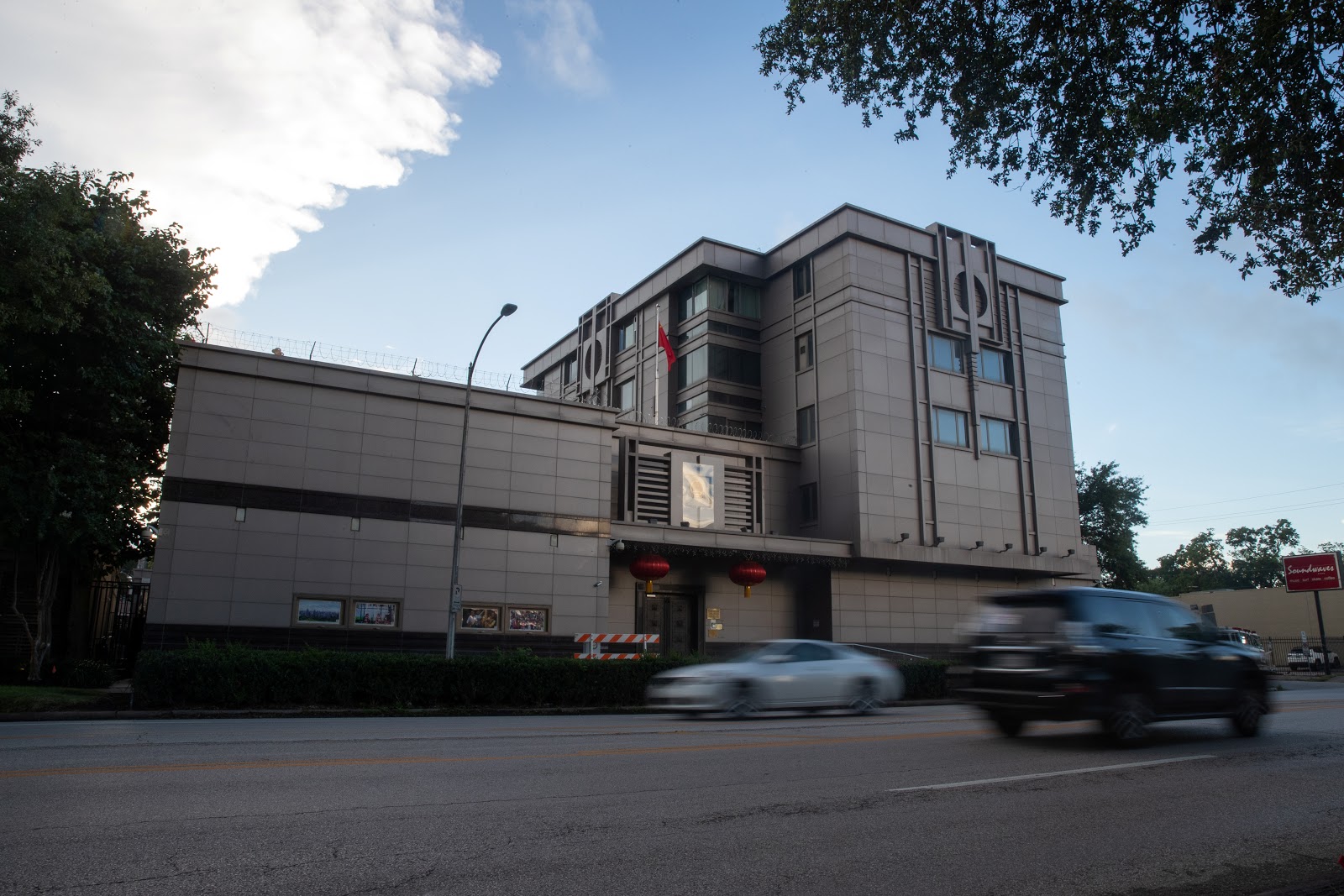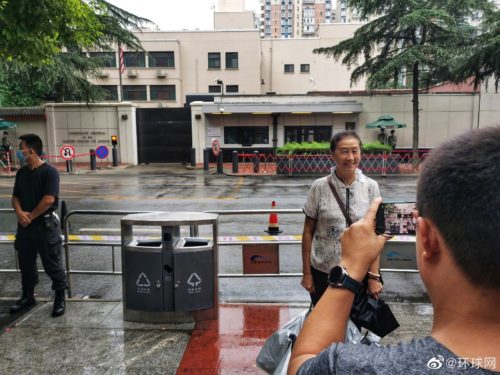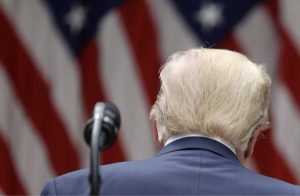U.S. orders closure of China’s consulate in Houston
The Trump administration has ordered the closure of China’s consulate in Houston, Texas, alleging that it is a center for “massive illegal spying and influence operations.” This is a huge escalation of U.S.-China tensions.

Last week, we learned that the White House was considering a ban on members of the Chinese Communist Party entering the U.S., and blocking short-video app TikTok. Also last week, Donald Trump ended Hong Kong’s special trading status with the U.S. while his State Department formally condemned China’s territorial claims in the South China Sea. Yesterday, the U.S. Commerce Department expanded its blacklist of Chinese companies connected to human rights abuses of Uyghurs in Xinjiang and elsewhere in China.
Today, we learn that the Trump administration has dramatically escalated tensions with Beijing by ordering the closure — by Friday — of China’s consulate in Houston, Texas. The reason, according to the State Department, is “massive illegal spying and influence operations,” although no details were provided. The consulate is one of six diplomatic missions in the U.S.; aside from the embassy in Washington, there is an office at the United Nations, and consulates in New York, Los Angeles, San Francisco, and Chicago.
What will China do in retaliation? The first reaction was that consular staff burned large amounts of paperwork in barrels in the courtyard of the consulate. But what comes next? Reuters says Beijing is considering ordering the closure of the U.S. consulate in Wuhan, which suspended operations because of COVID-19. But the Global Times, nationalistic rag and mouthpiece of the Party’s id, had this to say:
Those who speculate that China will shut U.S. consulate in Wuhan in retaliation are underestimating Chinese government’s will. As staff has not returned to Wuhan consulate, a closure would not be an equivalent countermeasure compared with U.S. bullying tactics.
On Chinese social media, the news became a top trending topic, with many people saying that “America has gone insane.”
Why did the Trump administration do this? It’s not clear at all. Jerome Cohen, a highly respected scholar of Chinese law, tweeted that the “American people and the Chinese people are entitled to a serious explanation of the basis for the abrupt U.S. government closing of the PRC Consulate. The brief and cryptic justification offered thus far is simply inadequate.”
- DigiChina editor-in-chief Graham Webster suggested that “Trump’s top officials, disappointed that the war with China they long predicted is not forthcoming on its own, appear determined to arrange one — cold or hot — before they might lose power. Not to carefully confront real problems but to shatter a peace, come what may,” while scholar Jessica Chen Weiss tweeted, “Unless more evidence is forthcoming, this looks like a stepped up effort to use China as the bogeyman and distract U.S. voters from the Trump administration’s disastrous response to the pandemic.”
- Bill Bishop, a noted commentator on U.S. and Chinese politics, tweeted, “I think more likely [Trump’s] team believes he is going to lose, is pushing through as many China measures as possible to try to forestall a team Biden ‘reset.’”
My thoughts: This is a dangerous and counterproductive move. In the Graham Webster tweet thread mentioned above, he says:
One simple charge for my fellow China policy thinkers: Some of our ideas mean friction with China that is called for and righteous. We should push hard for what’s right. But when pushing for smart friction, we must also advocate against dumb friction that endangers everyone.
If we allow our calibrated strategic thinking to be decalibrated and combined only with escalatory moves, the likely downsides run from waste and fear to total war.
Further reporting: See the New York Times and the BBC.






